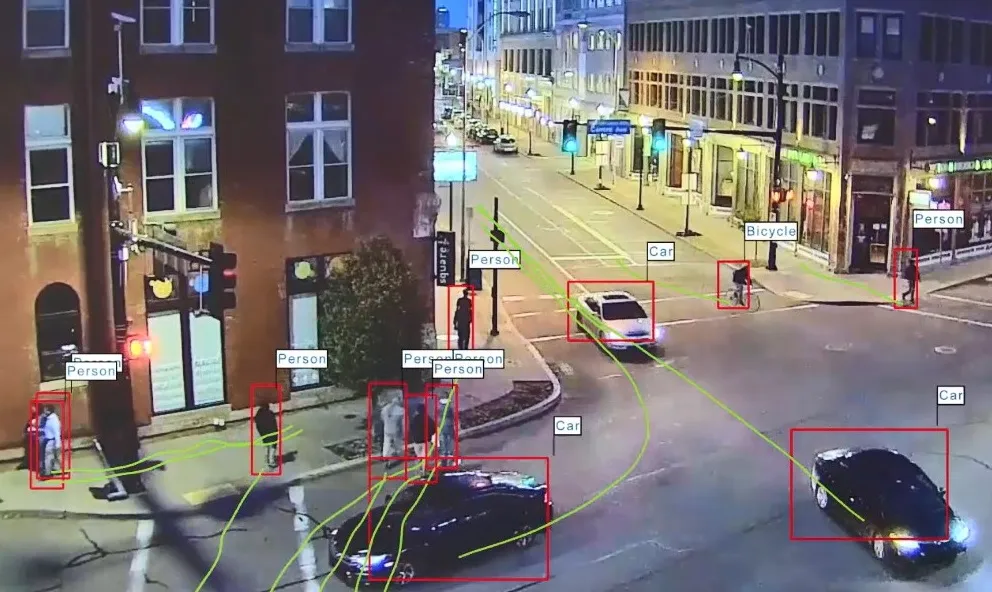All the new technology will receive a completely independent trial at the Transport Research Laboratory, whose engineers and technical specialists have been appointed to work with TfL, bus manufacturers and operators to trial a range of innovative safety measures.
These include autonomous emergency braking systems that allow the vehicle to detect its surroundings and automatically apply the brakes and features to alert pedestrians and other road users of the presence of buses, such as lights or audible warnings. The front of buses will be re-designed, which could reduce the impact of a collision, while changes to bus interiors will aim to improve passenger safety, such as higher-grip flooring and softening sharp corners. Improvements will also be made to drivers’ vision, including improved mirror design.
The results of the trials will feed into a new Bus Safety Standard that will be incorporated into bus operator contracts from the end of 2018. Transport for London has also published a report on Intelligent Speed Assistance today (16 August) following a successful trial in 2016. Bus operators are required to fit the technology, which limits the speed at which buses are able to travel, from later this year.
New technology trials to transform bus safety in London
Transport for London has announced plans to test new safety technology on London buses. Automatic braking and audible warning systems will be trialled alongside measures including new mirrors to improve the driver’s vision. All the new technology will receive a completely independent trial at the Transport Research Laboratory, whose engineers and technical specialists have been appointed to work with TfL, bus manufacturers and operators to trial a range of innovative safety measures.
August 16, 2017
Read time: 2 mins








